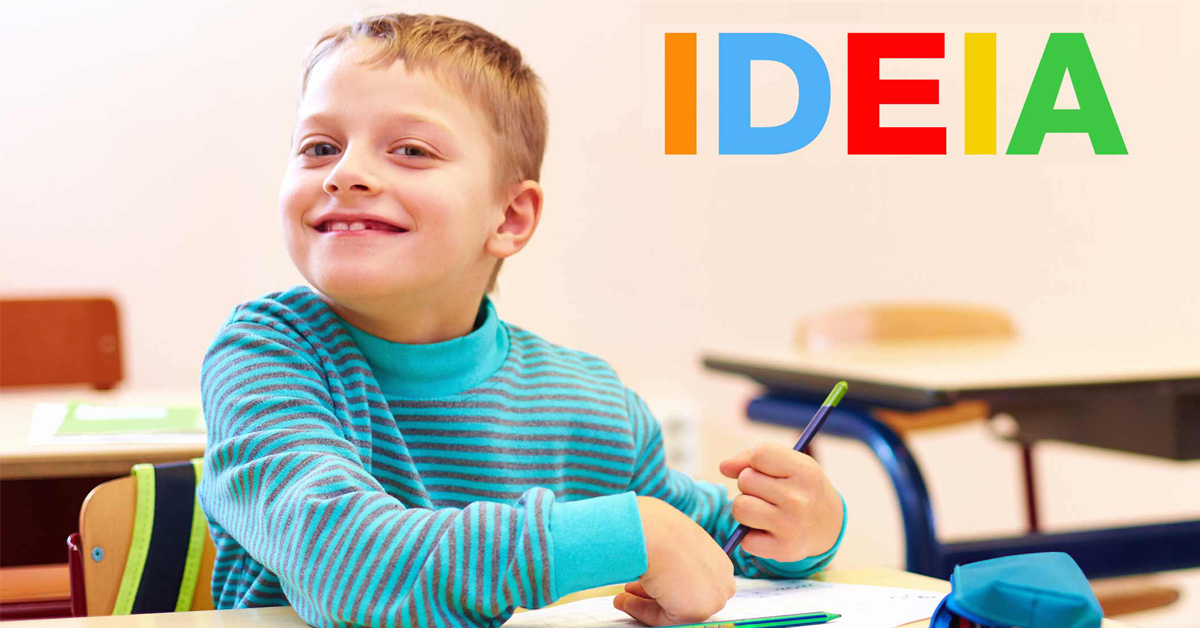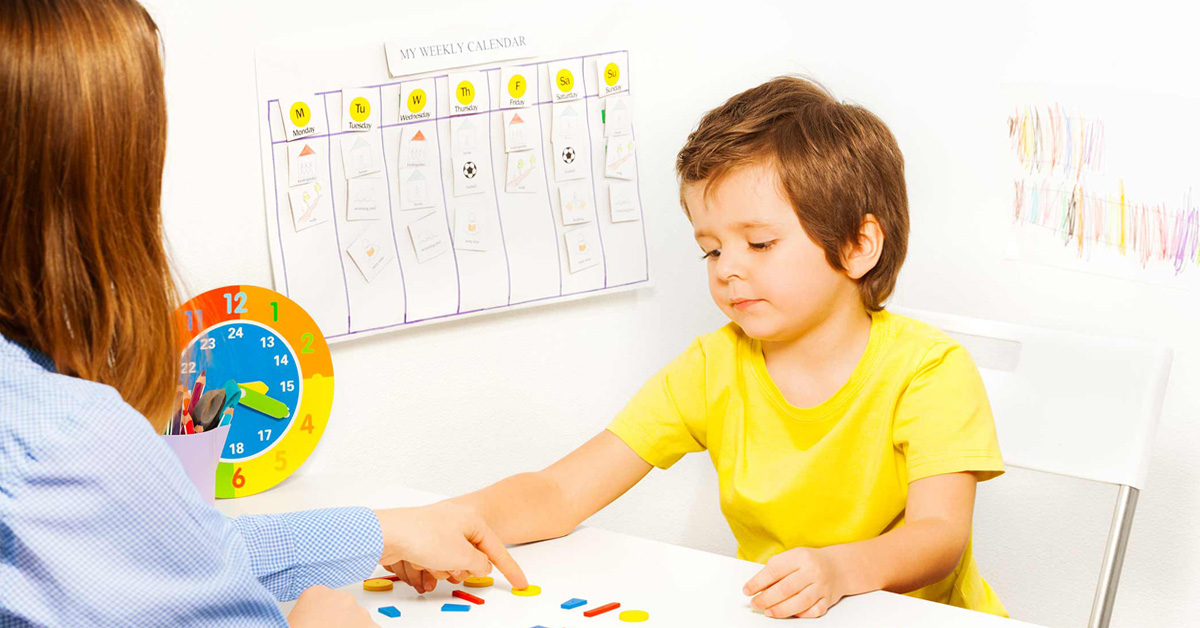Getting a concussion can be a traumatic experience for both a child and his parents. A concussion is a mild traumatic brain injury that most commonly results...

Schedule a Consultation Now
Sussan, Greenwald & Wesler >
Sussan, Greenwald & Wesler >

Getting a concussion can be a traumatic experience for both a child and his parents. A concussion is a mild traumatic brain injury that most commonly results...

Is Your Child’s Disability Adversely Affecting Educational Performance? It can be confusing for parents to understand how their child’s disability may qualify...

A Special Needs Trust is one that is designed to supplement the government benefits that your disabled child receives. Because of this, they are sometimes...

As a child grows up, a parent’s biggest financial concern might be saving for college. But it might be wise to look ahead even further to help ensure your son...

Written by Jayne M. Wesler Esq. As a parent, the last thing you want is for your child’s disability to affect his or her ability to succeed in the classroom....

Written by Staci J. Greenwald, Esq. The “Present Level of Academic Achievement and Functional Performance,” or PLAAFP, is the first written statement in the...

The use of seclusion and restraint in schools for disciplinary and safety reasons is a difficult issue, especially in regards to severely disabled children....

The concept of “least restrictive environment” is a core element of the Individuals with Disabilities Education Improvements Act (IDEIA), and was a fairly...

There is a wide range of severity of different childhood disabilities. Many conditions may not be readily apparent and may take years to identify and...

Autism has been a mysterious condition since it was first classified, and its cause remains largely unknown, even to this day. The fact that there is little...
May is Allergy and Asthma Awareness Month Who has life-threatening allergies? Approximately 6 million children in the United States have food allergies. What is a food allergy? The Mayo Clinic defines a food allergy as “an immune system reaction...
WHAT ARE POWERS OF ATTORNEY AND WHY DO I NEED THEM? I. What is a POA? A Power of Attorney (aka POA or letter of attorney) is a written authorization to represent another person or to act on behalf of another person in any private matter, such as...
April is World Autism Awareness Month What is Autism? According to the Centers for Disease Control and Prevention, Autism Spectrum Disorder (aka ASD or autism) is a developmental disability caused by differences in the brain. People with autism often...
New Jersey: A Desirable State for High-Net-Worth Individuals How New Jersey has become more attractive to high-net-worth individuals New Jersey has no estate tax. As of January 1, 2018, New Jersey eliminated its estate tax. New Jersey law protected its...
Developmental Disabilities Awareness Month (Continued) - Part II How Do Students with Disabilities Live? Students you know may have disabilities that are invisible, and the extra work they must do to succeed in everyday life is also invisible to their...